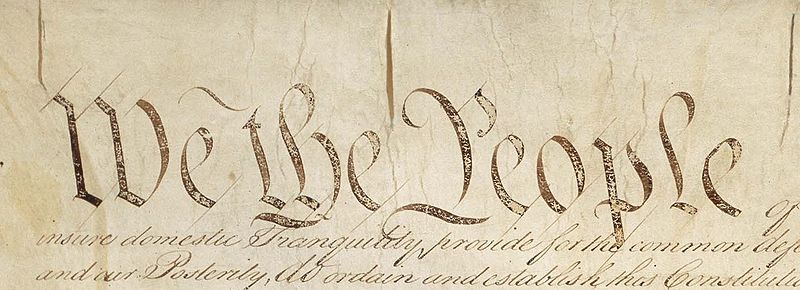In this starkly divided political season, the clients I talk to every day seem to be unanimous. Regardless of party registration, they all believe that if the opposite party wins, the markets are headed for extreme volatility. And they’re afraid.
But they aren’t alone; the founding fathers were afraid too. They didn’t trust government, so they deliberately created a system of checks and balances that required all three branches of government to agree before any significant policy changes could be adopted and implemented.
That Washington gridlock that everyone hates? It’s a direct result of these checks and balances. It also suggests that President Trump’s or President Clinton’s power to affect the U.S. economy and set long-term policy is not as great as many fear. Unlike the stock market, politics, at least, has a stop-loss strategy. It’s called Congress.
Most investors, however, think differently. In fact, 43 percent believe the economy does better under Republican presidents and 24 percent believe it does better under Democratic presidents. (Thirty-eight percent think it doesn’t matter.)
The reality? Since 1960, the S&P 500 has averaged 8.71-percent growth under Republican administrations and 13.29-percent growth under Democratic administrations. Going back to Truman, the markets have gone up during the administration of every president except Nixon/Ford (the combined eight years) and Bush 43. Knock on wood, but right now Obama is in a position to conclude his administration as the only president with eight years of positive returns.
The stock market has correctly called 19 of the last 22 presidential elections. In the years that the S&P was down, the incumbent party lost — the exception being 1980. Good news for those “with her.”
If we look at the Dow over that same time period, the worst scenario for the markets was a Republican president and a split Congress. Next worst was a Republican president and a Democratic Congress. The best markets were under a Democratic president and a split Congress. Second best was a Democratic president and a Republican Congress.
As interesting as it is to second-guess the impact of elections on the markets, both are unpredictable. That’s why, regardless of the outcome, investors would be better served by focusing on their personal and professional goals and aligning their investing strategy with their life — while protecting their portfolio from those things in life we cannot control. That being said, you should look hard at both candidates — and vote.


